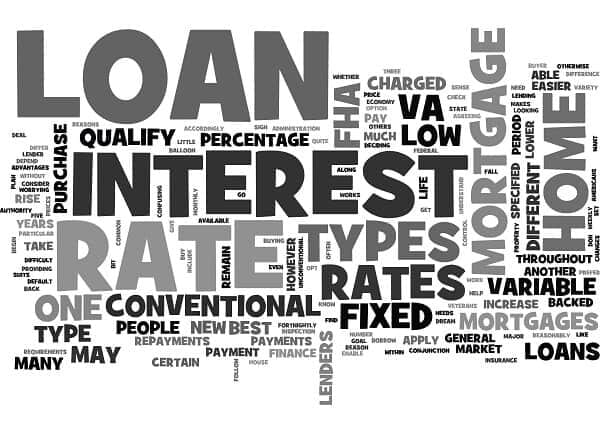Debt consolidation vs. refinancing is an old skirmish on which people do not seem to have reached any consensus. Should I get a debt consolidation or should I refinance? The answers can differ according to what situation you are in.
First of all, refinancing and debt consolidation are two distinct notions with different outcomes, obviously. There are certain circumstances that warrant the use of these two tools. In the following, we’ll see when you should consider refinancing rather than debt consolidation and vice-versa.
Debt Consolidation vs. Refinancing
At first glance, refinancing and debt consolidation look pretty similar, but when you delve a little deeper, things are actually slightly different. The only similarity between them is that both are used for alleviating the burden of debt.
A debt consolidation loan will roll all your existing loans into just one with potentially better interest rates and a better term. However, debt consolidation is recommended when all of your loans have been taken from the bank. It is an easy way of getting rid of too many bills at the end of the month and re-establishing a repayment schedule.
Refinancing implies changing an existing loan with another one. Again, for the purpose of getting better interest rates. This is usually used when one is dissatisfied with the terms of his loan, be it a mortgage, car loan, personal loan or business loan.
Debt Consolidation or Refinancing – When to Use Which
When you have multiple loans taken from a bank, you should consider debt consolidation. Private lenders can offer only personal loans, which have a lot fewer perks than their federal counterparts.
Moreover, you might not even be allowed to change a federal loan for a personal one, due to the policy of the bank you took your loan from. In such a circumstance, it does not really help to look for the perks of a debt consolidation or refinancing option.
Now, if you have a loan you’ve taken from a private lender to begin with, refinancing is the best idea. You can always look for better deals and change your loan if you’ve found another one with better stipulations, i.e. lower interest rates, tailored payday, longer term, etc.
Refinancing is also recommended when you have a reasonably small debt. In this case, it would make no sense at all to consolidate your debt. Debt consolidation should be used when your debt is huge, and the interest rates contribute to keeping it in place rather than dissolving it.
Using them Incorrectly
Now that we know what the advantages of using these financial services are, let’s take a closer look at what can happen if we use them incorrectly. Let’s start with the most popular financial service used by those who have multiple loans: debt consolidation.
Debt consolidation is a great service when used right, for example when your debt is massive, and you have a lot of loans with a high-interest rate that you need to repay. However, there is a chance that you can increase your debt by consolidating your credit card balances.
You can also lose your property if you get a debt consolidation mortgage and fail to make the payments on time. The lender has the right to foreclose your property and take it for good if you cannot pay the debt.
Refinancing can also be tricky if it’s used incorrectly. There are a lot of refinancing traps that will get you into deeper debt. Check the documents before signing them. Remember that when you refinance a loan, a lower interest rate is not the only thing you are after. Check for other taxes and fees that come with this new loan.
Also, dodgy lenders can present attractive refinance options only to get you to sign an agreement that will render you unable to make the repayments. Ask a financial expert about the document you are about to sign. He might save you a lot of money and stress in the long run.
Debt consolidation vs. refinancing is a great topic to discuss as long as you also look at the downside of each service.
You can find out more about debt consolidation and refinancing on the Internet or from financial experts.
Conclusion
Refinancing and debt consolidation are both really great tools for people in debt, but they’re not the same, and their outcomes are different. When you have multiple loans with exorbitant interest rates, debt consolidation is the way to go.
When you have just one personal loan (or any type of loan on their own), refinancing is the better choice. Therefore, there is no debt consolidation vs. refinancing winner carved in stone. It all depends on your situation.
More on the subject can be learned on www.www.australianlendingcentre.com.au. There you can read specialty literature on various financial topics, refinancing and debt consolidation inclusively.







